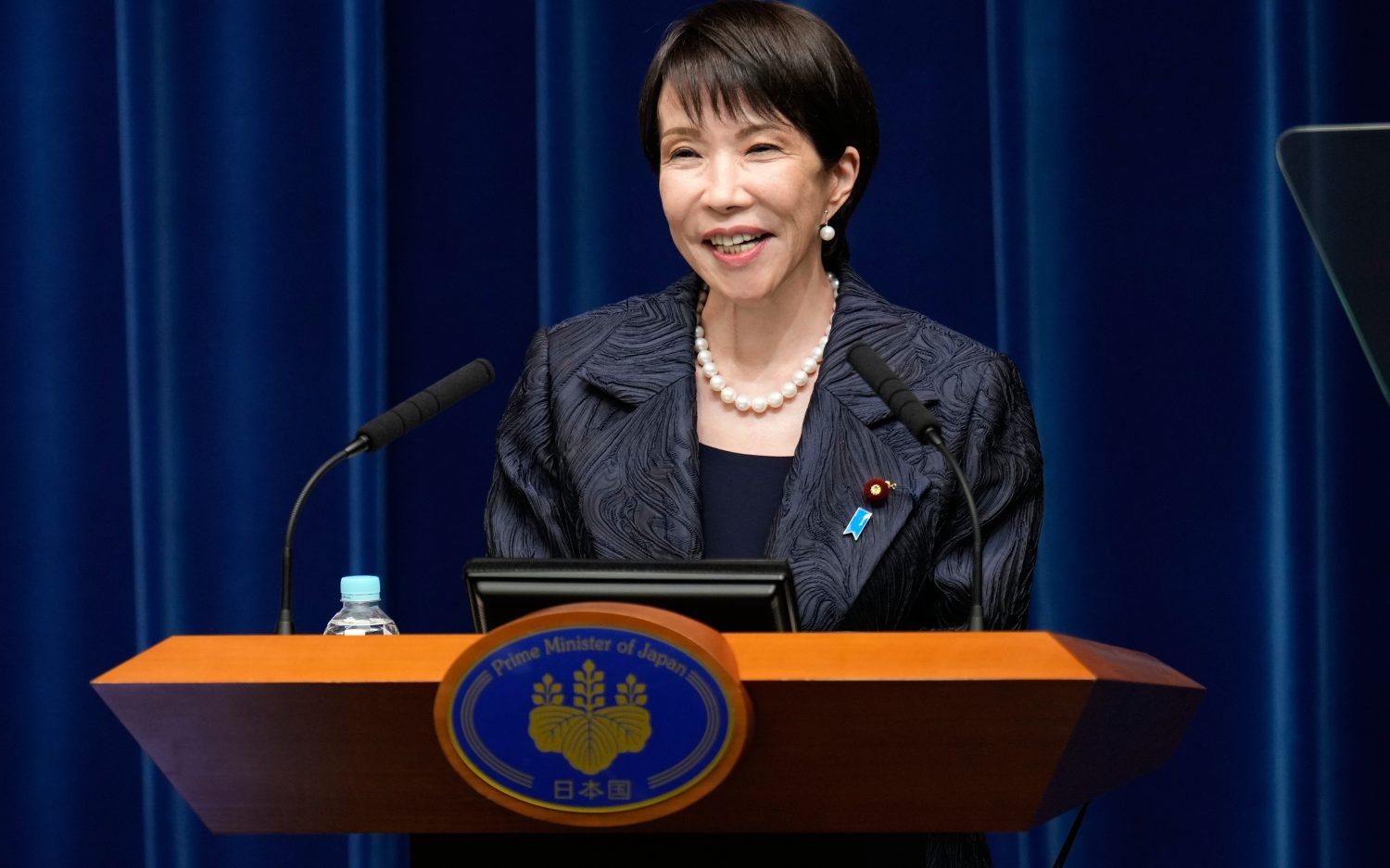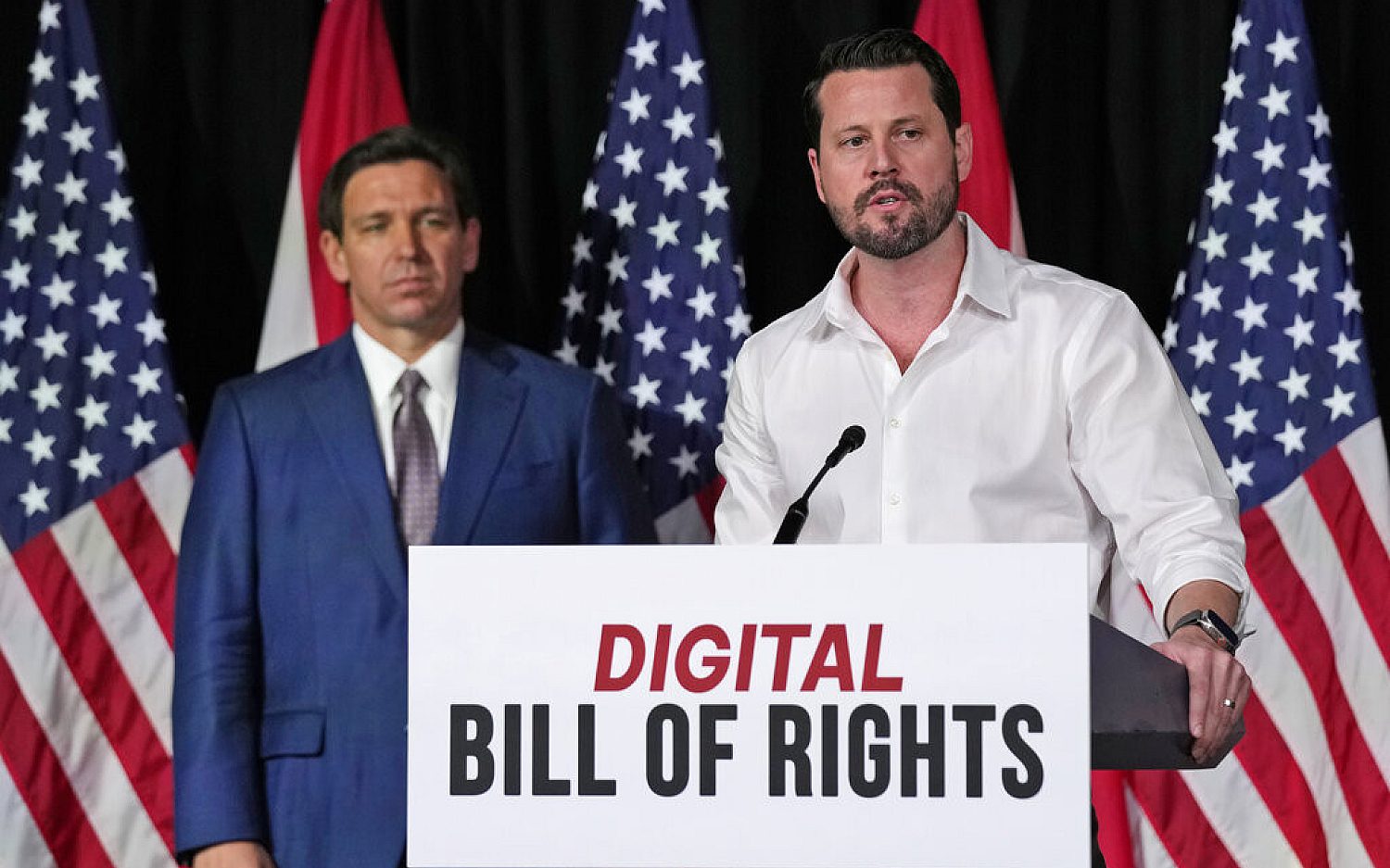Can technology teach parents to talk to their kids?
Children from poorer families might have fewer clothes or toys, but studies have shown they probably also lack something money can’t buy: exposure to words. In a study lasting more than two years, Betty Hart and Todd Risley discovered that children in families on welfare heard 30 million fewer words than those in affluent families, all before they reached 4 years old. Further research suggested this difference leads to varying levels of language skills later in life. Hart and Risley published their findings in 1995, but new efforts are using innovative approaches to prompt parents to talk to their children.
In Providence, R.I., a program called Providence Talks, funded with a $5 million grant from Bloomberg Philanthropies, uses “word pedometers” to count the number of words and conversations children experience in a day. Educators then share the results with parents and give them ideas for how to build the children’s vocabulary.
The word counter records the quantity of words the child hears but not the quality. Hart and Risley discovered children on welfare heard an average of 616 words per hour compared to the average of 2,153 heard by children in other families. But they also discovered poorer children heard twice as many discouragements as encouragements, while children in professional families heard only one discouragement for every six encouragements. James Morgan, a linguist at Brown University, told PBS that difference in quality of words also has implications for child development: “Kids who are constantly receiving a lot of prohibitions, it leads them to be less curious, less exploratory, more likely to end up with learned helplessness.”
But a 2012 study by Meredith L. Rowe from the University of Maryland showed that the quantity of words parents speak is more important to an 18-month-old’s vocabulary development than the richness of a parent’s vocabulary. “This effect of input quantity is not surprising, as one-and-a-half year olds are in the early stages of vocabulary acquisition,” according to the study.
An initiative called Too Small to Fail, started in 2013 by the Clinton Foundation and the San Francisco non-profit Next Generation, is using a mix of media to remind parents of the need to talk to their young children. In July, it announced plans to launch a campaign in Oakland, Calif., using television commercials, radio time, and billboards to send the message that “Talking is Teaching.” Parents can even sign up for Text4Baby, a free service that will send texts about child development and reminders to talk, read, or sing to babies.
Chris Drew studied effective literacy training for his dissertation and is the founder and CEO of Parent University, a program that uses texts, emails, and apps to send parents age-appropriate activities to do with their children. He said texting is useful because it forces the activity to be simple—“just a bite sized nugget”—and parents have their cell phones with them everywhere they go. Parents of a 3 year old might receive a text suggesting they have their child point out everything yellow at the grocery store, in the car, on the bus, or in the kitchen. Parents also receive encouraging texts, giving them a “pat on the back.”
The premise, Drew said, is that to be an excellent parent takes “small acts performed well, repeatedly, and over time.”
An actual newsletter worth subscribing to instead of just a collection of links. —Adam
Sign up to receive The Sift email newsletter each weekday morning for the latest headlines from WORLD’s breaking news team.




Please wait while we load the latest comments...
Comments
Please register, subscribe, or log in to comment on this article.